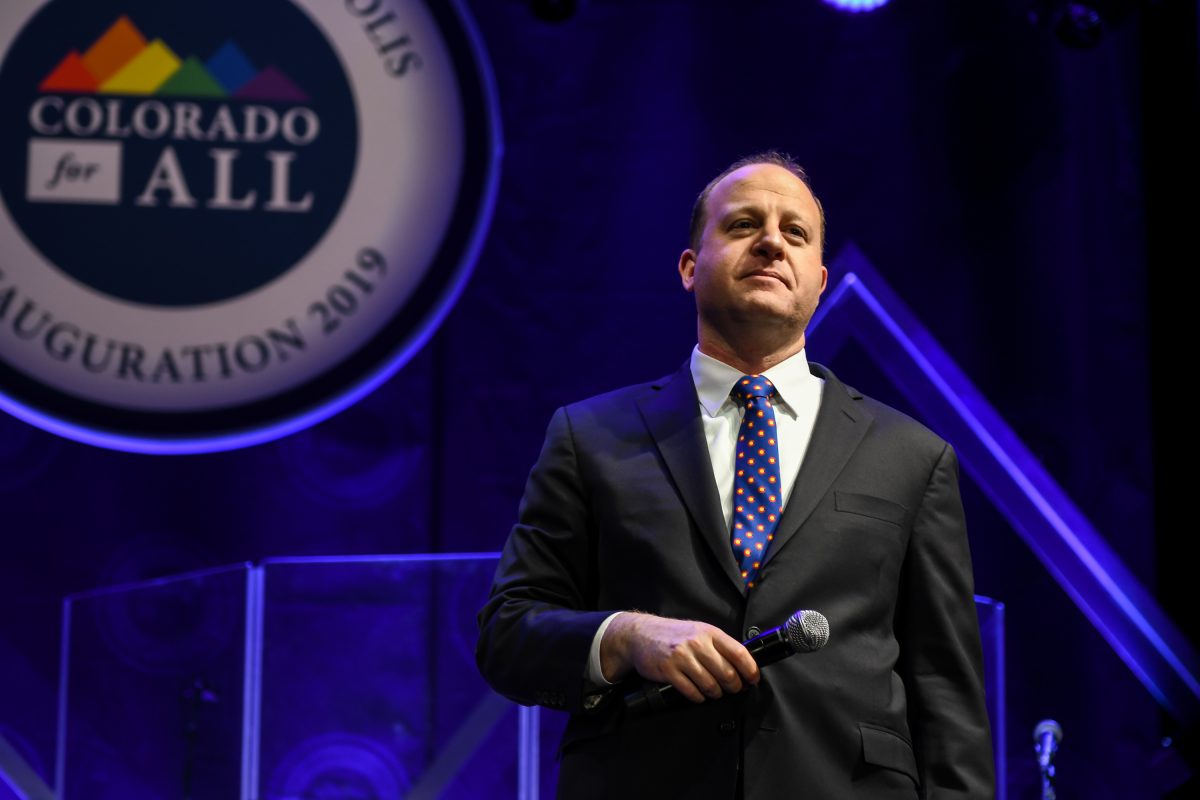Young, Latino, and Voting

I remember watching Donald Trump launch his presidential bid. Though he had made a name for himself by discriminating against blacks and Latinos in housing during the 1970s, attacking women for their physical appearances, and managing an inherited wealth built on unstable debt and unpaid bills to small businesses, I naively thought the honor of running for president would humble him. It did not, and his “othering” of Mexican immigrants as criminals and rapists would eventually help launch him to the Republican nomination.
I am ashamed of him as an American, but I am also concerned about his candidacy as a Latino.
Creating a group of “others” to help bolster political campaigns is not new in American politics. In 2004, gay Americans were painted as perverts, and a wave of Republicans were elected on the promise of enacting anti-marriage amendments and anti-equality legislation.
In 1994 and 1996, conservatives (mostly Republican) were elected to Congress after painting poor people — especially in the black community — as lazy and looking to game the welfare system. Nativism and violent, anti-immigrant xenophobia specifically have a long history in the United States, going back to the 1798 Alien and Sedition Acts. Creating an “other” group has a winning track record in America, but I hope it fails in 2016.
Moral argument aside, Donald Trump’s hate speech is factually wrong.
For instance, undocumented immigrants are not moochers. In fact, they pay more than $134 million in state and local taxes in Colorado, according to the Institute on Taxation and Economic Policy. Donald Trump is also wrong when he says Mexican immigrants are low-skilled criminals. Mexicans constitute the fourth-largest group of college-educated immigrants according to the Migration Policy Institute, and the Wall Street Journal reported that immigrants as a whole are more than twice as likely not to be incarcerated as American-born citizens.
Still, a barrage of statistics can’t quite capture the human impact of Donald Trump’s racist rhetoric. Among the people Donald Trump has demonized while building his political career are millions of undocumented students and their families, including many of my friends. One is passionate about engineering and wanted to pursue a degree in the field at Mines. Though he was smarter and harder working than I was, he was essentially excluded from that school and from most financial aid and scholarships because he was here without documentation.
Colorado needs people like him.
The Atlantic reported that 70 percent of Colorado jobs require some postsecondary education yet less than a third of natives have a college degree. What sense does it make to have kicked out a student like him?
When Donald Trump says that Mexicans are criminals, or that Latino judges can’t be both Latino and good at their job, or that Latinos are sitting around waiting for him to bring us back jobs from Asia that don’t exist anymore, I think about one of my closest friends who graduated this past year from the University of Colorado. Mexican-born and Colorado-raised, he’s charismatic, ambitious, and entrepreneurial. A genuinely good person, he is aiming to be one of the 3.3 million Latinos who owns a business in the United States, wanting to create local jobs and a homegrown brand. In a state and country hungry for both jobs and tax revenue, he is exactly who we need to be attracting here.
As an American and as a Latino, I have a responsibility to use my vote to do what’s best for my country and for my community. That means rejecting Donald Trump’s racist policies and rhetoric, and voting for Hillary Clinton.
I hope you’ll join me.










